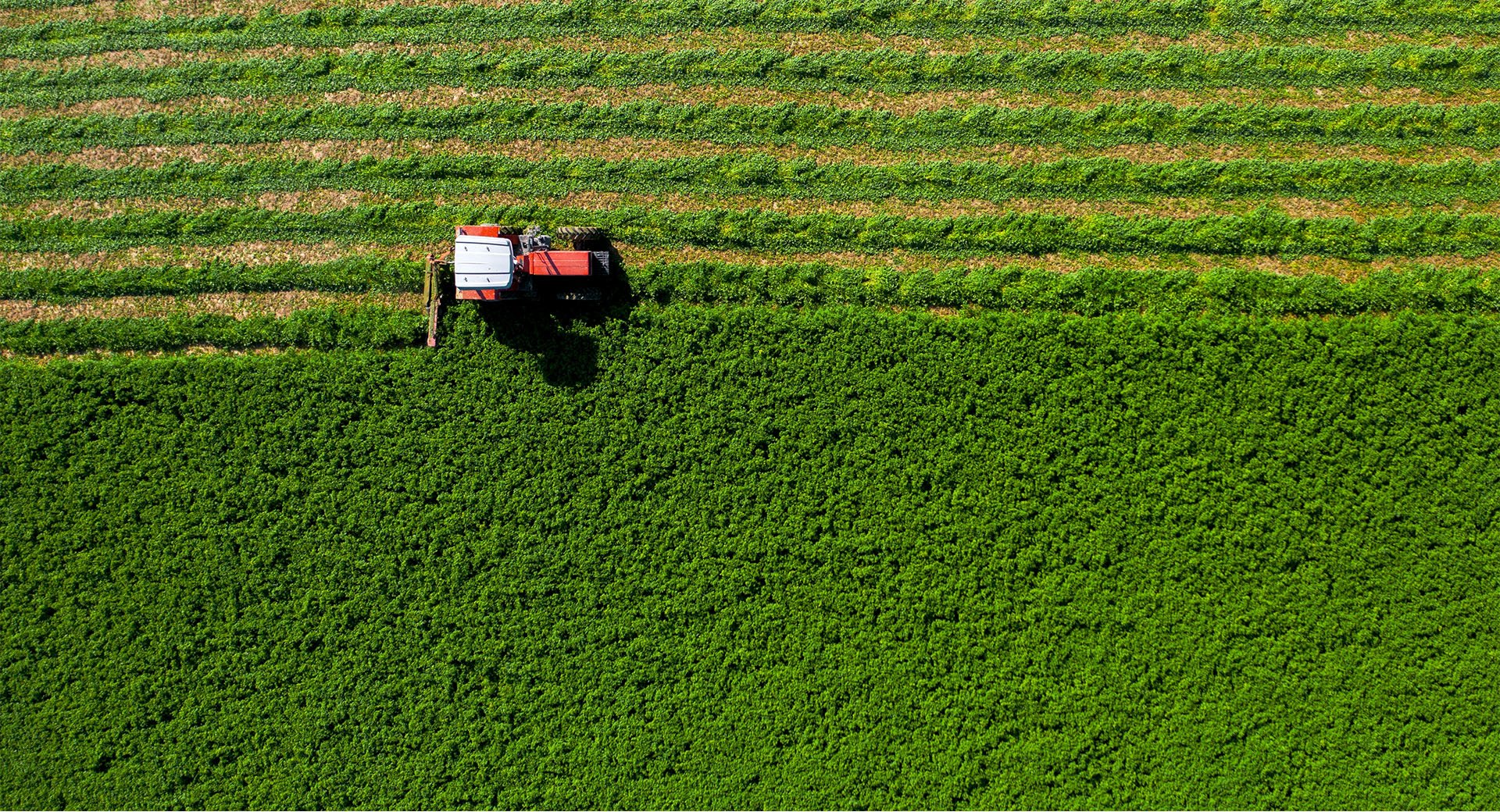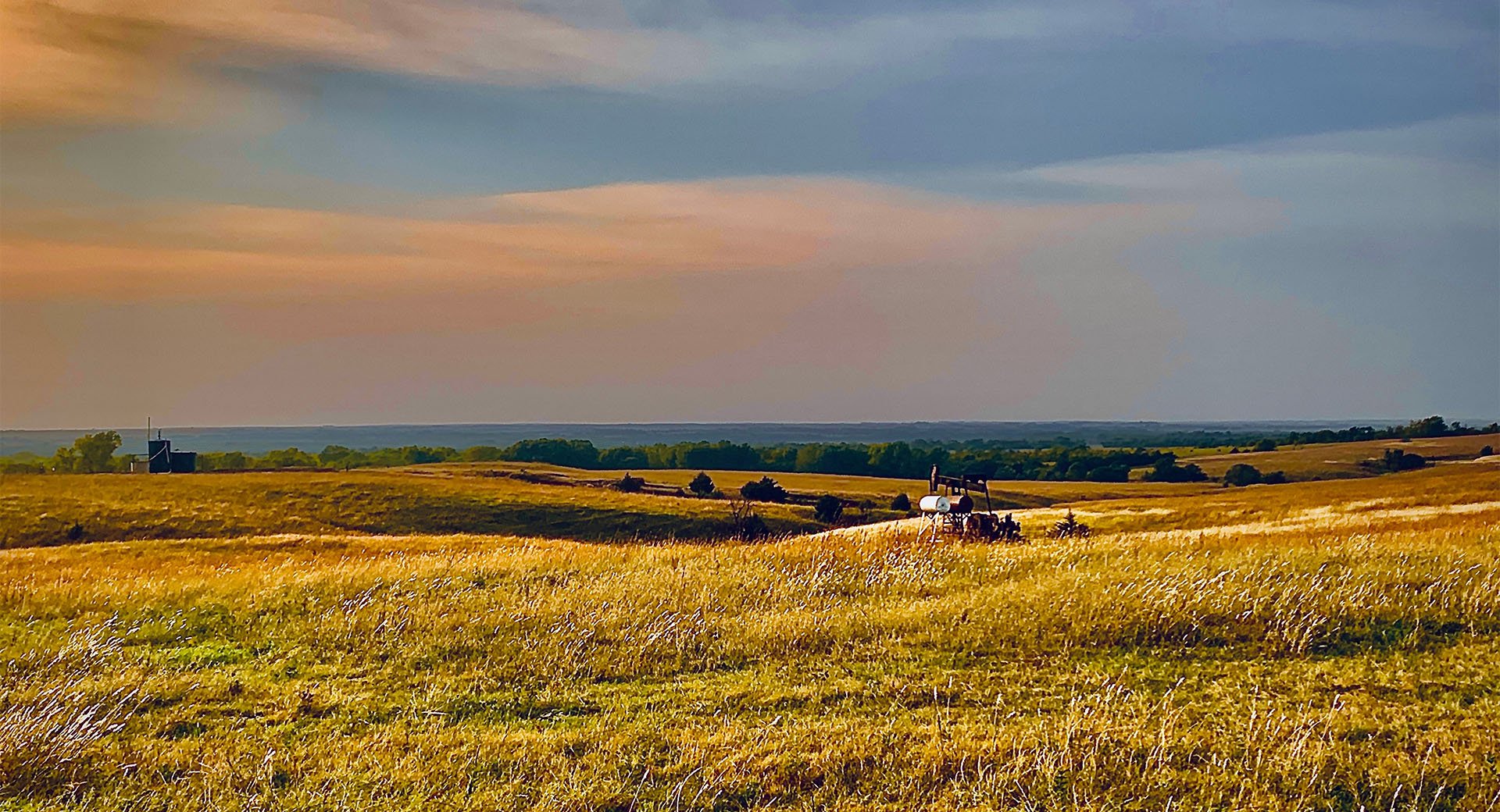
Welcome to WALTR
Washburn Agricultural Law & Tax Report
Focusing on legal and tax issues that agricultural producers, agricultural businesses, and rural landowners face.
About WALTR
The Washburn Agricultural Law and Tax Report (WALTR) focuses on legal and tax issues that agricultural producers, agricultural businesses, and rural landowners face. Some issues are encountered on a daily basis; others may arise on a more cyclical basis. Many issues illustrate how the legal and tax systems in the United States uniquely treat agriculture and the singular relationship between the farm family and the farm firm. In addition, there are basic legal principles that have wide application throughout the entire economy, and those principles will be evident in the annotations, articles, and media resources on this website.
Annotations
The Washburn Agricultural Law and Tax Report covers annotations of court cases, IRS developments, and other technical rulings involving agricultural law and taxation. The annotations are broken down by topic area and are the most significant recent developments from the courts, regulatory agencies and the IRS so you can stay on the cutting edge of all things legal and tax in agriculture. Each annotation is a concise summary of the particular development with just enough technical information for practitioners to use for additional research purposes.
About Roger McEowen
Roger A. McEowen is the Professor of Agricultural Law and Taxation at Washburn University School of Law in Topeka, Kansas.
Through 2015, he was the Leonard Dolezal Professor in Agricultural Law at Iowa State University in Ames, Iowa, where he was also the Director of the ISU Center for Agricultural Law and Taxation (CALT), which he founded.
View More on Substack
Find more information and articles on the Agricultural Law and Tax Report Subtack.

Serving Kansas Communities
Washburn Law is dedicated to ensuring the availability of effective legal representation in rural Kansas, which led to the partnership with Kansas State University on the "Rural Legal Practice Initiative." The ultimate goal of the initiative is to assist students, and potential students, in considering career opportunities for a law-trained graduate working in rural communities.

Kansas Rural Lawyer Network
Building a Stronger Future for Rural Law through Connection and Collaboration
The Kansas Rural Lawyer Network is a free online discussion and networking platform for Kansas rural lawyers at all stages of their careers. Law students and young lawyers can network with more established rural lawyers, while more mature attorneys can offer insight and advice to those just beginning their careers.


